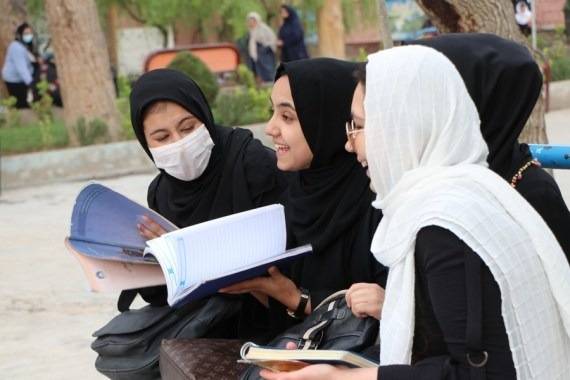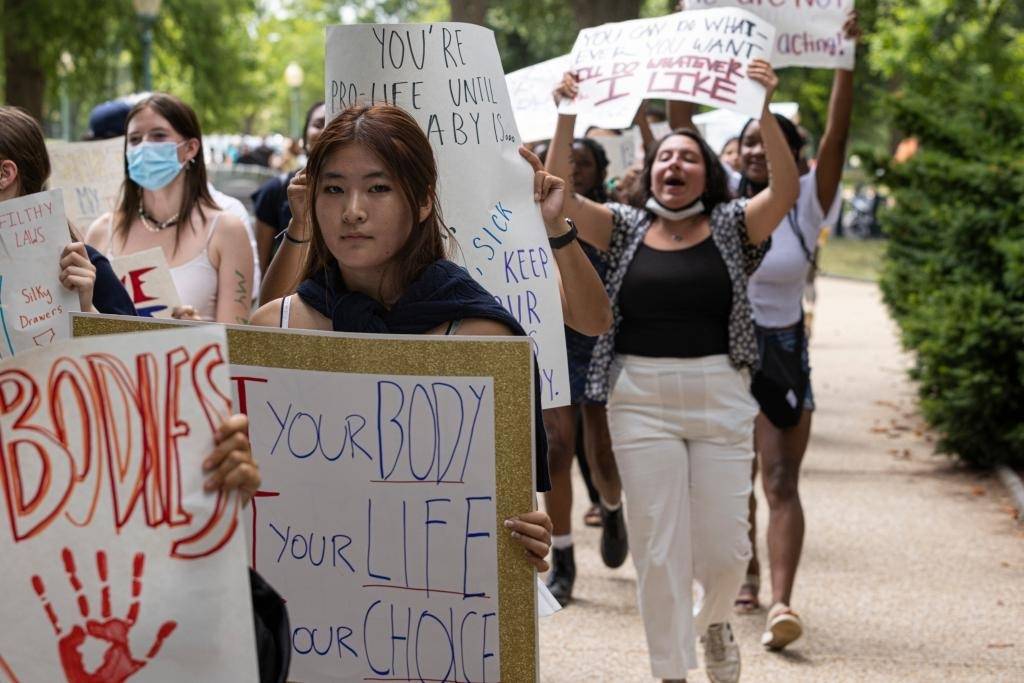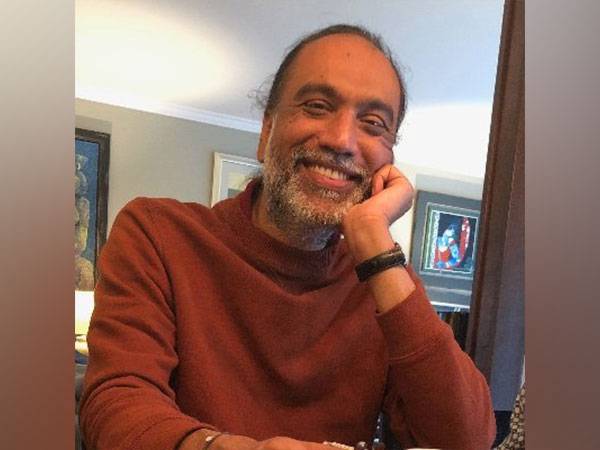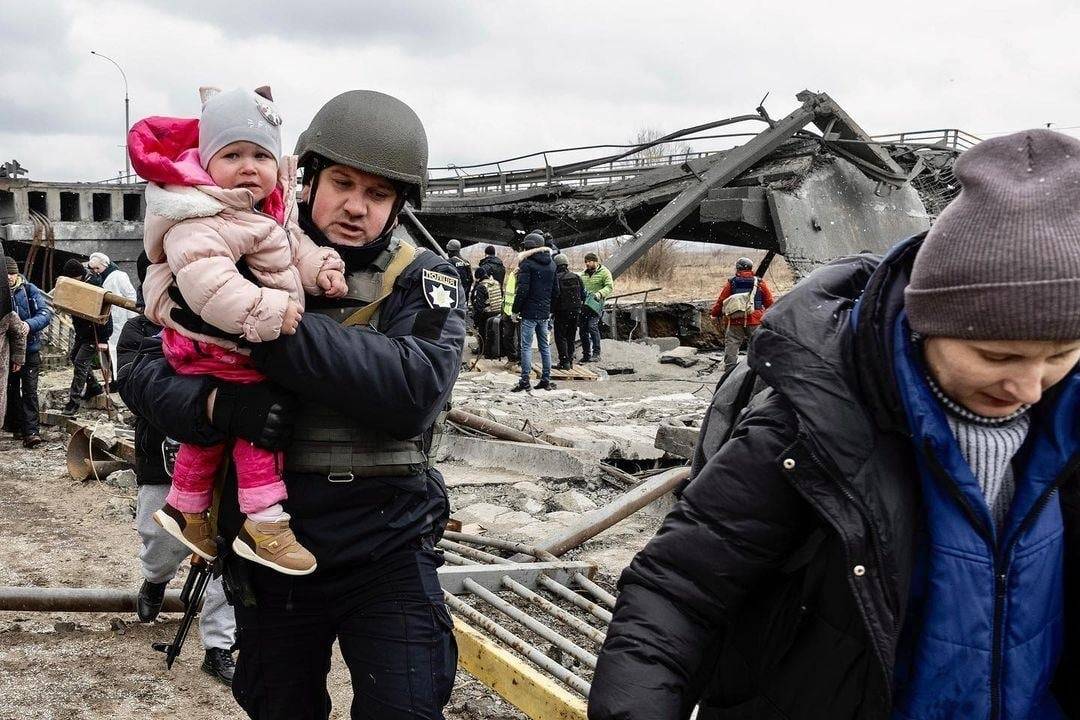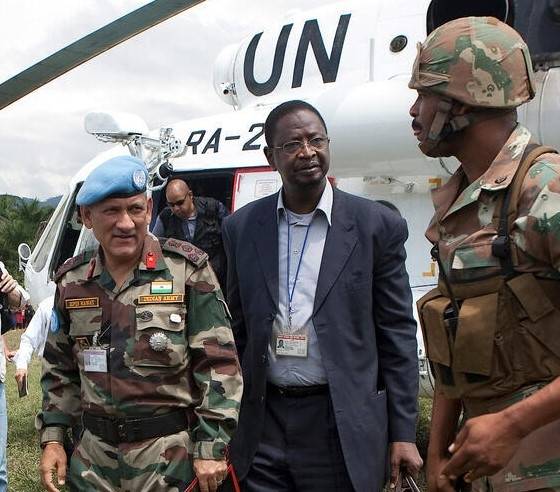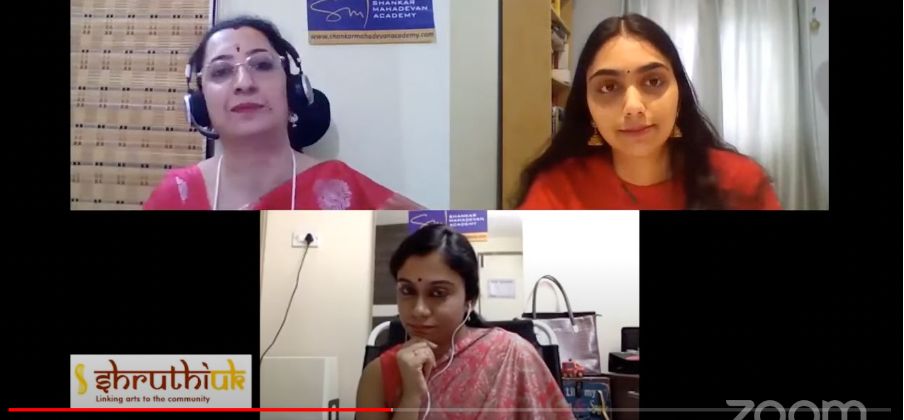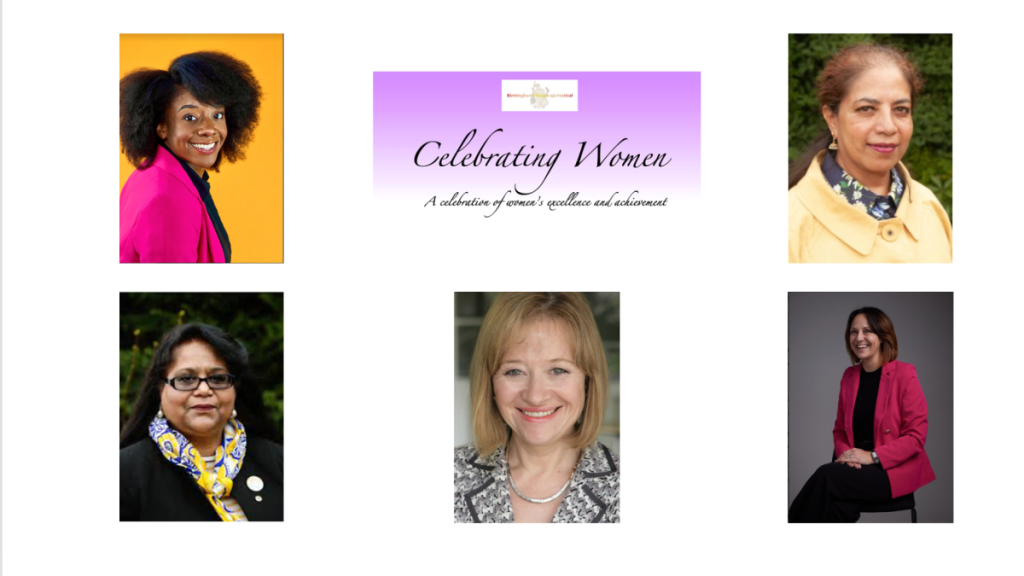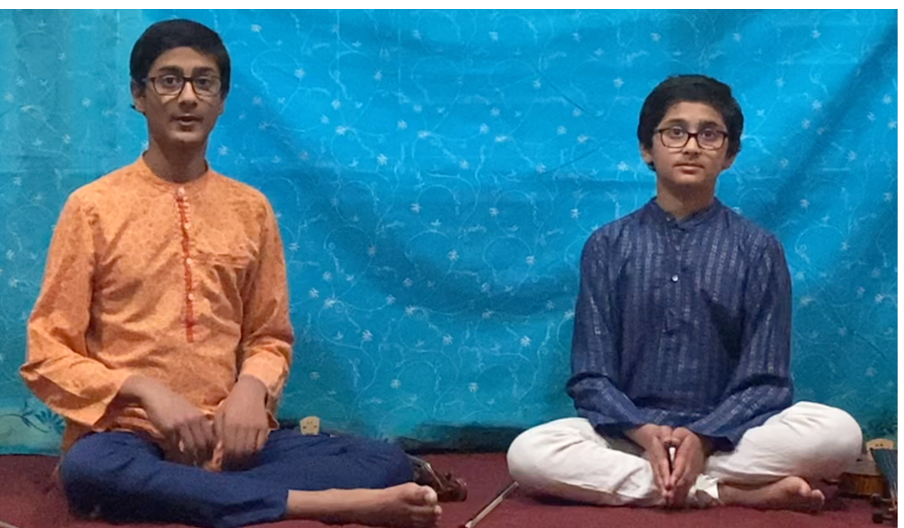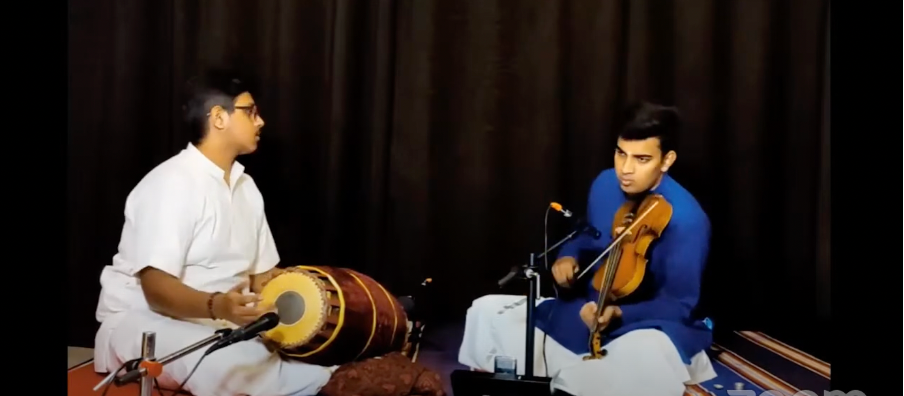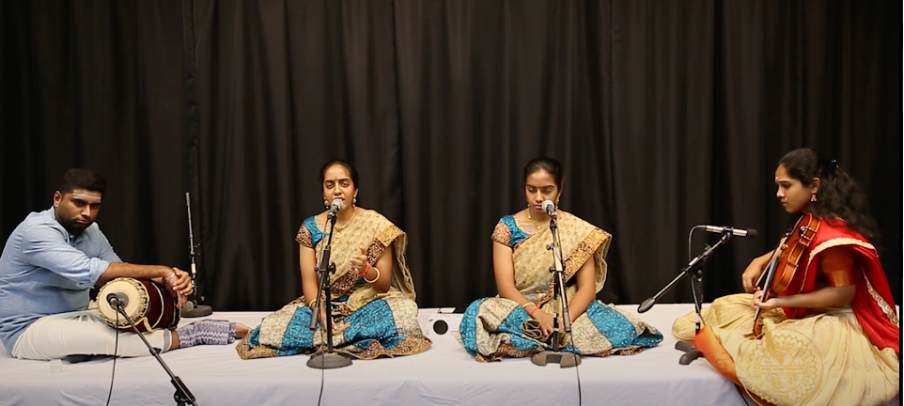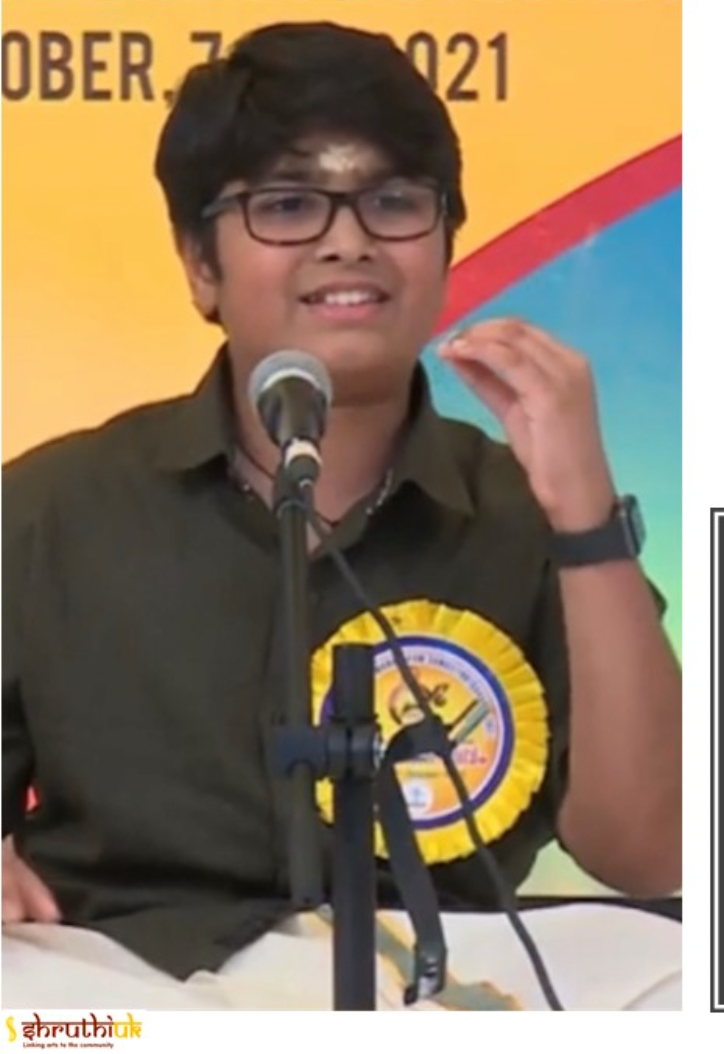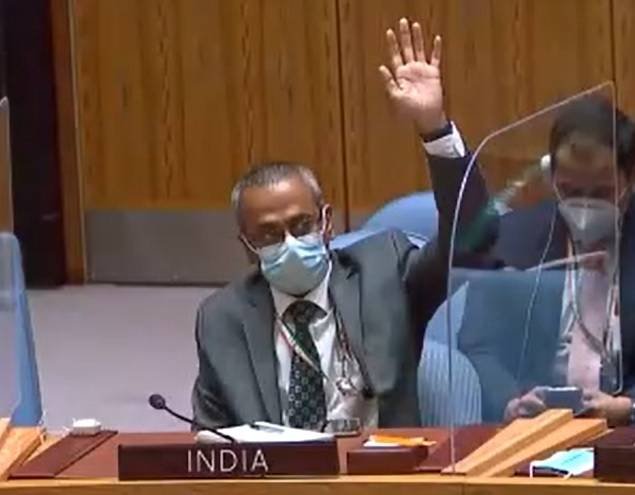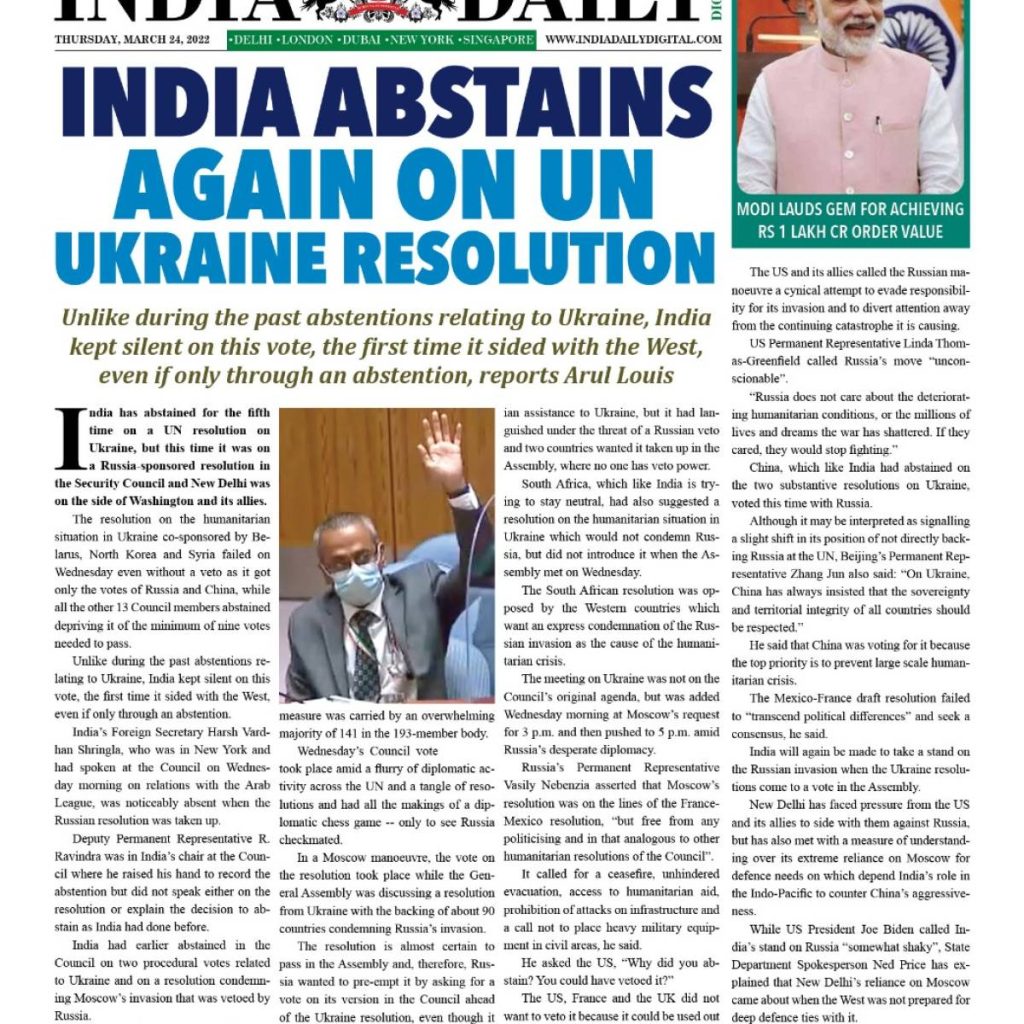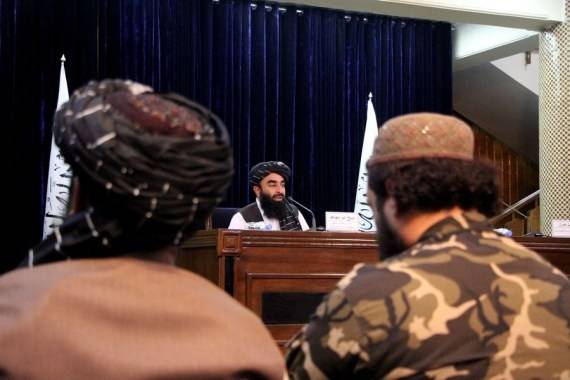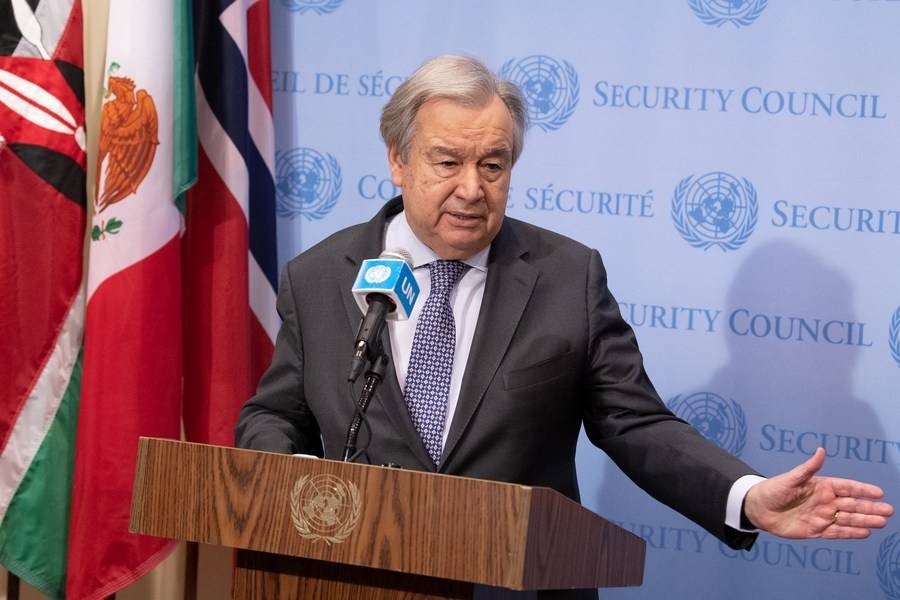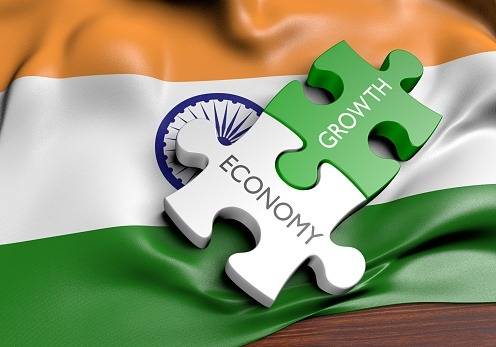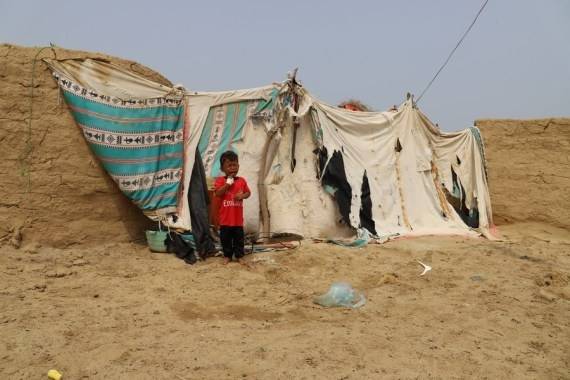Alakbarov also said that the Afghan humanitarian crisis will never end unless steps are taken to create a sustainable situation in the country…reports Asian Lite News
Ramiz Alakbarov, officer-in-charge of the UN Assistance Mission in Afghanistan (UNAMA), said that he wants to see the promises of the Taliban’s Islamic Emirate regime over schooling implemented “in practice”.
Speaking to TOLO News, Alakbarov said: “All the time I am hearing is while I am having this dialogue. What they (Taliban) are telling us is that in 12 provinces the schools are opened and other provinces will be reopened soon. There is some technicalities, there is no policy against it.
“I keep hearing that education for all is something that they are offering to stand for. I want to see this in practice because I want to see girls back to school.”
Alakbarov also said that the Afghan humanitarian crisis will never end unless steps are taken to create a sustainable situation in the country.
“Honestly, as I look at the situation in Afghanistan, this humanitarian crisis will never be over unless we start creating a more sustainable situation for people to go back to work, earn money and start addressing the problems,” he told TOLO News.
Schools for girls beyond class 6 have remained closed since the Taliban took control of the country last August.
Growing protests
A group of women activists under the name of ‘Kabul School of Critics’ staged a protest demanding the Taliban to reopen schools for women without further delay, local media reported.
The women protestors said that instead of addressing the status of the people who are in dire need of food, the Taliban is engaged in issuing warnings, killing people and taking revenge.
A member of KSC, Ramzia Saeedi said, “Afghan women and girls have been deprived of their basic rights in different periods,” adding that the closure of girls’ schools above the sixth grade and the exclusion of women from society show that their rights have been dealt with politically.
She stressed that the Taliban must not use the education of girls as a political abuse, an Afghanistani radio publication Salam Watandar reported.
“The continuation of this situation will put female students in a dark future and harm the development of society,” said another protestor Aaey Noor.
She asked the Taliban to provide a convincing reason to restrict women’s rights in the state, including education and said that it should reopen schools for girls immediately if it fails to give a valid reason.
In Herat city, a group of girl artists has started a campaign against the Taliban’s restrictions on women.
Demanding the Taliban government to ease the restriction on women, they said that they will not allow the voices of women and girls to be silenced.
These artists depict the capabilities and challenges of women and girls in their paintings.
A local media reported that an Afghan women social worker, Huda Khamosh, who is in exile in Norway said that the Taliban remain an illegitimate ruler.
“The statements of loyalty to the Taliban are not acceptable at any gathering without the presence of women. Despite thousands of Ulema announcing their support for their hardline government, the Taliban remain an illegitimate ruler,” she said.
“After a three-day meeting, the Ulema pledged allegiance to the Taliban and its prominent leader. The meeting failed to address thorny issues such as the right of teenage girls to attend school,” she added.
This comes after the Taliban debarred women from attending the first-ever ‘Loya Jirga’ or grand assembly of religious scholars and elders. (IANS/ANI)
ALSO READ-UAE field hospital begins ops to help quake-hit Afghanistan

